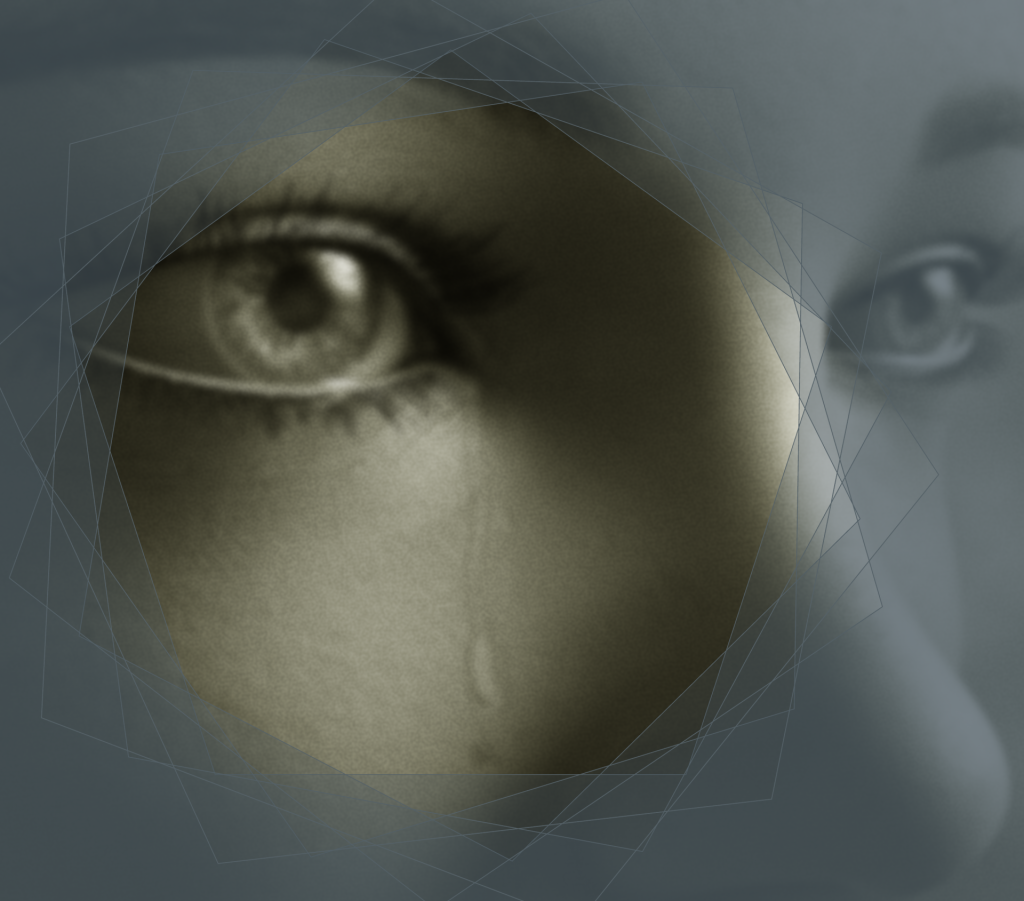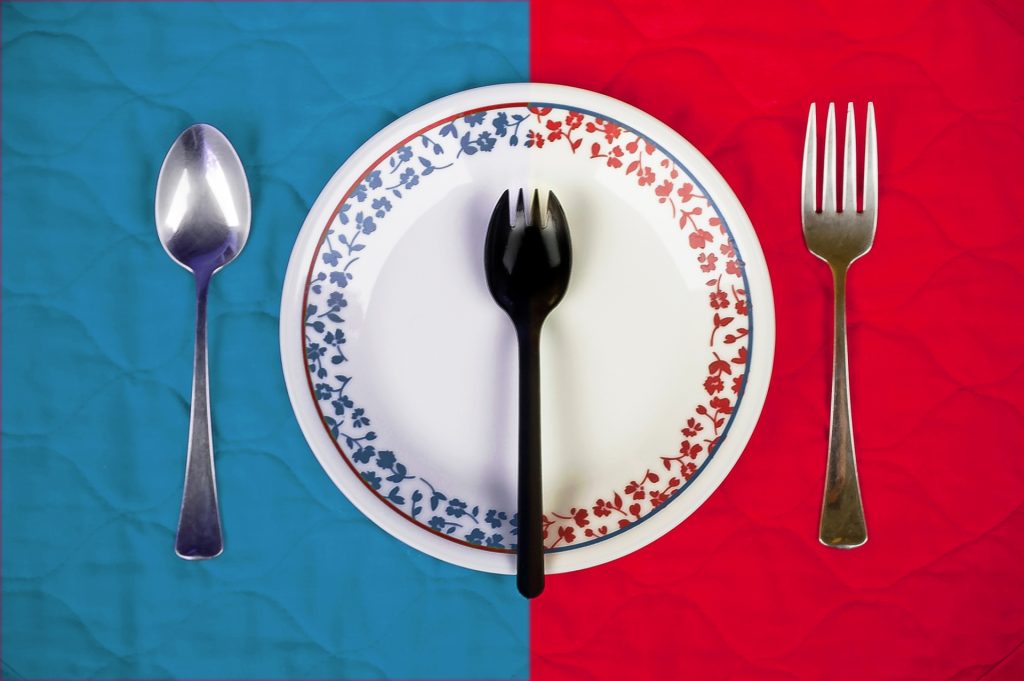
Happy Mother’s Day! This issue celebrates motherhood, parenthood, nurturance, and love.
Orzogul Gofurova offers up a sweet poem as a tribute to their mother, while Gulsanam Qurbonova’s essay highlights the true dignity of the complex homemaking and family-building work her mother performs in their household.
Sarvinoz Giyosova draws on spiritual language to express her respect for her mom, as Orzigul Sherova shares her eternal and sentimental love for her mother.
Abramat Faizulloev pays tribute to his honorable and caring mother as Ismailova Orastabonu honors the resilience and nurturance of Uzbek women. Lola Hotamova celebrates the love of mothers and the long heritage of honoring them in Uzbekistan while Xushroy Abdunazarova reminds us of the importance of kindness and respect for parents in the Islamic faith. Gulhayo Karimova urges all people, no matter how busy they are, to make time to honor their mothers and parents.

Nosirova Gavhar writes of a father’s sacrificial love for his young daughter as Don Bormon speaks to the beauty of friendship. Taylor Dibbert’s poetic speaker reflects on finding solace at a local dive bar after the end of a marriage.
Shahnoza Ochildiyeva relates a tale of kindness to a couple traveling with a sick child.
Stephen Jarrell Williams sends up sweet, gentle love poems in an issue that also showcases a poetic collaboration between Dr. Prasana Kumar Dalai (India) and Kristy Raines (USA) that is a conversation between lovers.
Dr. Prasana Kumar Dalai’s solo poetry illustrates the intensity of romantic feelings while Kristy Raines‘ poems highlight the power of romantic love and emotion to affect one’s life, whether or not the relationship lasts. Ike Boat’s piece is the plea of a lover not to be forgotten.

Lilian Dipasupil Kunimasa’s pieces acknowledge the sad end to a romance. Sadullayeva Darmonjon speaks of poignant instances of love given and lost, or not returned. Mesfakus Salahin laments the loss of a personal love and the loss of gentleness in the world.
Christine Tabaka’s concrete poetry deals with loss: of one’s sense of self, of life during war, and the passing of the “golden age” in art and cinema. Avaungwa Jemgbagh vividly remembers the day their father passed away.
Duane Vorhees writes of the passage of world history and of loves past their lusty prime that have evolved into sources of solace and comfort. Gulmira Nurmuhamedova reflects on the passage of time, her memories of her past and how her present will also, in time, become a memory. Not all changes that happen with time are necessarily losses.
Graciela Noemi Villaverde describes a smooth talker who breaks hearts while Nigar Nurulla Khalilova points out how humans can be as predatory as any creature in nature.

Faleeha Hassan mourns a friend lost to war as J.J. Campbell evokes his feelings of powerlessness in a personally alienating world. Tuyet Van Do’s haikus capture the grisly atmosphere of Gaza as Mykyta Ryzhykh mourns the world’s casual violence and homophobia through a variety of metaphors, including a dead kitten.
Karol Nielsen writes of the effects of the Vietnam War through the eyes of an American child left behind to play while his father fights. While less tragic on the surface than other pieces that present death and suffering, it still shows the separation caused by war.
In her poetry, Lidia Popa urges humanity to care for each other and the natural world.
Mahbub Alam laments the increasing heat and changing climate of Bangladesh and urges a return to environmental stewardship.

Sayani Mukherjee evokes the comforting presence of innocence and delicate natural beauty in a world that also contains genocide and war. Muslima Murodova finds peace by looking up into the vastness of the sky.
John Lloyd Casoy describes a moment of contemplation out at low tide in the wetlands while Lorraine Caputo recollects moments and interactions from her Central and South American travels in her “postcards,” J.D. Nelson notices small moments of surprise and relief in nature and human society, and Dr. Maheshwar Das sends up elegant poems of nature and spirituality.
Devika Mathur contributes an evocative description of the experience of meditation. Mark Young also turns inward, with his systemically generated poems from bits of text, recipes and instruction manuals, regurgitating life in the subconscious. Shamsiya Khudoynazarova Turumovna probes the depths of meaning hidden behind silence. Vernon Frazer’s jazzlike syncopated rhythms of poetry adorn this issue, while Steve Brisendine explores our perceptions and artistic inspirations.
Muntasir Mamun Kiron crafts a poetic ode to the elegance and joy of technology: the creativity it represents and that it can make possible.

In a more satirical take on technology and global politics, Terry Trowbridge satirizes world governments’ battle over the cultural “real estate” of social media.
Referencing battles much earlier in American history between government and media companies over press freedom and defamation, Michael Ceraolo dramatizes controversies and contradictions in early American history through his poetry.
Jim Meirose crafts an off-kilter piece about neighbors and friends playing with different communications and entertainment technology.
Maja Milojkovic highlights the power of poets’ words to turn the world towards justice, compassion, and inclusion.

In a thoughtful essay, Jacques Fleury urges Black men to embrace a more complex, diverse, and expansive idea of gender and masculinity.
Bill Tope’s story critiques the way our society tolerates, but does not fully embrace, “others” such as older women and people with disabilities. Brian Barbeito’s piece reflects on a lonely hawk and on the solitary elderly, while Noah Berlatsky explores and lampoons the self-absorption at the heart of some self-improvement schemes.
In a different light, Brian Barbeito reviews Jacques Fleury’s book You Are Enough: The Journey To Accepting Your Unique Self in the context of psychological survival in tough times rather than as a privileged form of self-pampering.
In another exploration of nuance, A. Iwasa interviews essayist Rikki Bransen about her piece “Faith and Authority: A Generation X Spiritual Journey” published in Microcosm Publishing’s zine Proud to be Retarded, where she discusses her individual relationship to autism, Christian religious practice, being female, and being middle-aged.

In another look at the journey of an individual towards wholeness and personal achievement, Adkhamova Laylo Akmaljon encourages readers to have confidence and enthusiasm in the pursuit of their dreams. Akramov also highlights the importance of perseverance in achieving one’s life goals.
Abdurazakova Murad offers tribute to an important teacher who showed her the value of daily practice for the skills she wanted to learn. Charos Maqsudova outlines how teachers can support the mental health as well as the academic promise of their students.
Dilfuza Namazova speaks of the importance of learning foreign languages, English in particular. Norsafarova Nilufar outlines the role of various parts of speech in Uzbek sentence construction.
Ogultuvak Atajanova highlights the importance of early education and enrichment for preschoolers and kindergarteners and the value placed on children in Uzbekistan. Botirali Sayifov highlights the importance of universal education to a free and productive society.
We at Synchronized Chaos intend our publication to celebrate literacy, education, and the diversity of experiences from people around the world. We hope that you enjoy and learn from this issue.

I adore SC and read each and every issue. I love that you give a universal opportunity to artists to express themselves. Some of the artists utilize English as a second or even third language, but their work is beautiful.